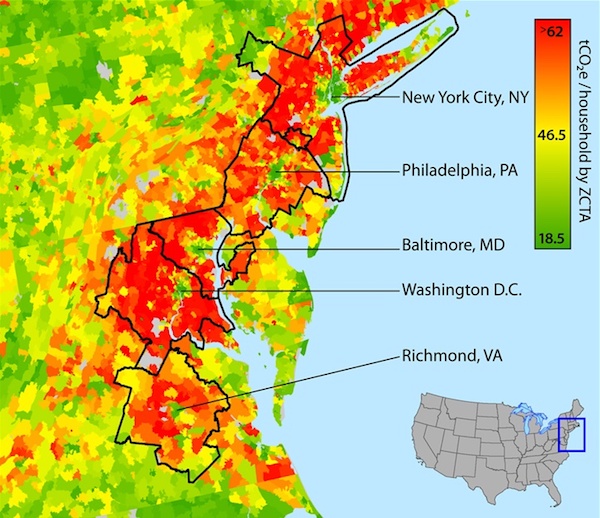(c) by Mark Dempsey
Local columnists reacting to the defeat of SB50 (e.g.
David Greenwald) say that a winning bill would produce more affordable housing, and we're still waiting for that winning bill. What somehow escapes notice is the fact that governments worldwide routinely subsidize or produce affordable housing, without impairing local planning, as SB50 would. The answer to question: "Where will we get affordable housing?" is: "When the government builds it."
The best we currently have is a system of tax credits and public-private partnerships, giving housing developers a tax break to build such housing.
J.D. Alt exposes the con in this method [emphasis mine]:
To avoid the appearance that sovereign spending should be used to pay for affordable housing, the federal government “spends” a dollar’s worth of tax credits to obtain 75 cents worth of housing. If the charade of appearances could be lifted, the federal government could be spending a dollar’s worth of fiat dollars to obtain a whole dollar’s worth of housing.
To lift the charade, all you have to visualize is the simple fact that there is no difference or distinction to be made between a tax credit and a U.S. dollar. A U.S. dollar, in fact, literally is a tax credit and nothing else. Other than being a unit of exchange in the general economy, a U.S. dollar has no intrinsic value other than the fact that it is the only thing a U.S. citizen can use to extinguish a dollar’s worth of tax liabilities.
I've already mentioned the entirely artificial limitation of government spending on housing. Nixon declared a moratorium on federally-produced affordable housing, and Reagan cut HUD's affordable housing budget 75%, even as he gave wealthy Americans the gift of cutting their tax rates in half, and between him and his successor, raised payroll taxes eightfold.
So...where will affordable housing come from? Where it usually comes from: government spending.
There's an austerian movement abroad in the land that says the federal government, the same one that makes all the non-counterfeit dollars, is somehow constrained by tax collections. Nancy Pelosi's "Pay-Go" (Pay as you go) principle is one example. But the federal government is not constrained by tax collections. After all, where would people get the dollars they use to pay taxes if government did not spend them first? Dollars don't grow on billionaires. Redirecting public spending to public purpose is the answer, just about everything else is a distraction or misdirection. The bottom line: As long as the resources are not a constraint, there is no financial constraint on federal spending.
Why distract? George Orwell noted that keeping the population on the brink of survival meant event the smallest reward was an effective motivator. As long as our plutocratic masters embrace the unenlightened belief that hoarding the economy's resources is good, the brink of survival will be the pattern of social policy. After all, San Francisco has five times as many vacant houses as its homeless population. The problem isn't a shortage of resources, it's the allocation.
